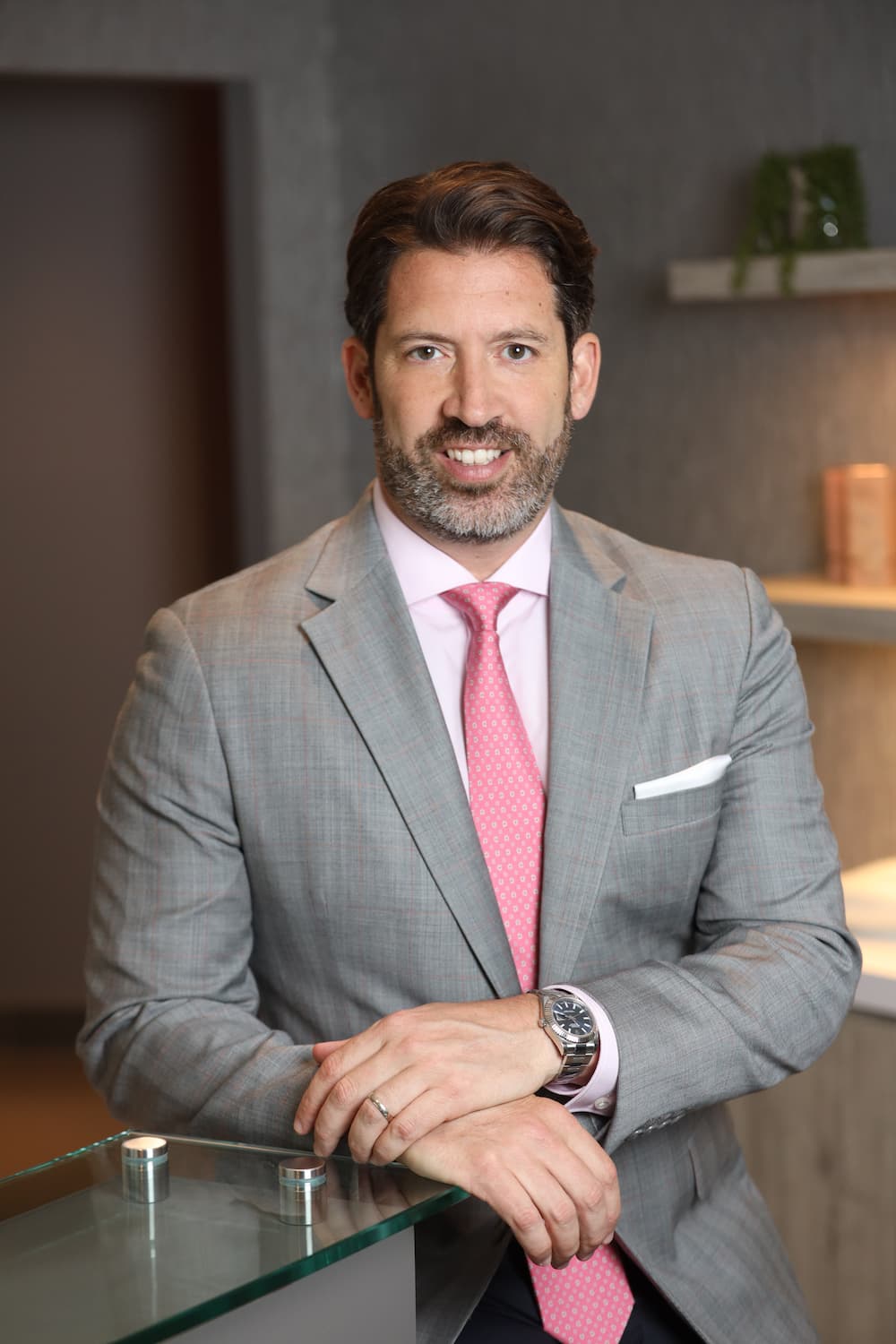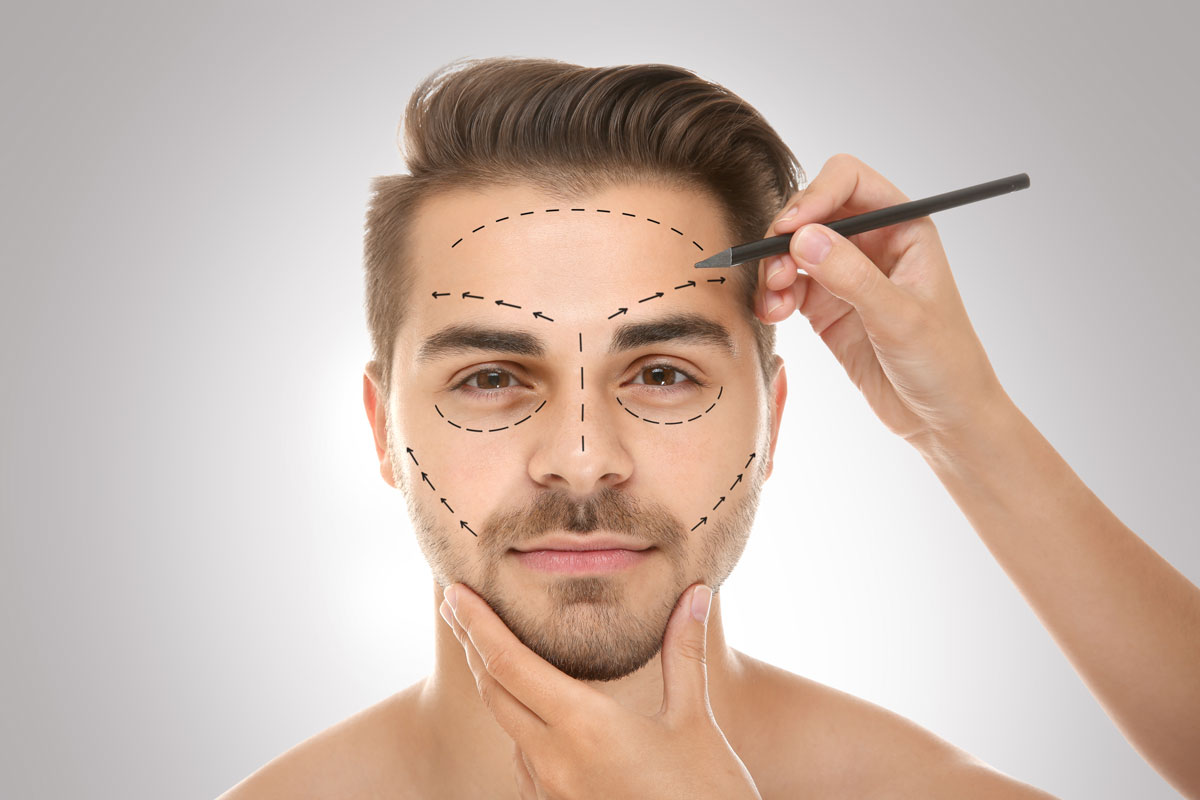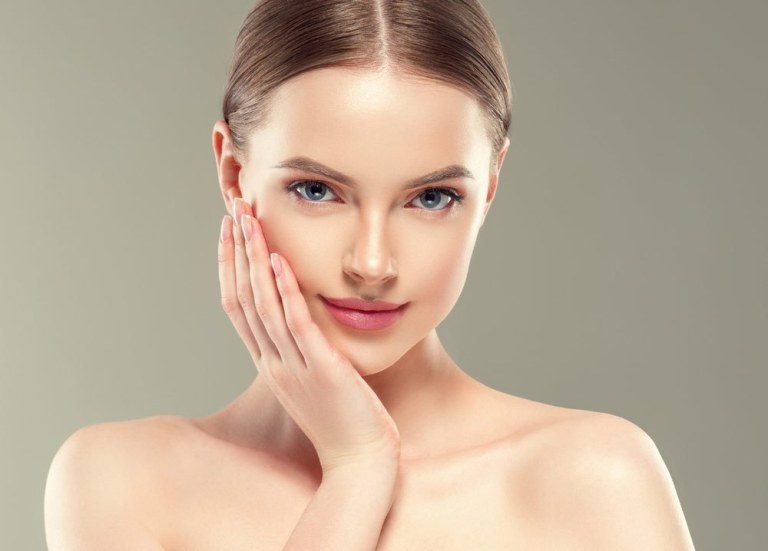The Impact of Self-Image on Decision-Making: Reasons Why Many People Seek Plastic Surgery for Physical Transformation
The interplay between self-image and decision-making is a complex sensation, particularly obvious in the raising trend of people opting for cosmetic surgical treatment as a way of physical change. Motivated by a wish to meet personal ideals and societal expectations, several individuals grapple with concerns of self-esteem that can considerably impact their choices. As outside pressures from cultural norms and social media magnify sensations of insufficiency, an essential question arises: what are the underlying mental elements that drive this search of transformed appearances, and what ramifications do these decisions hold for personal identification and health?
Recognizing Self-Image
Self-image describes the psychological image and assumption an individual holds regarding themselves, incorporating facets such as physical appearance, characteristic, and overall self-regard - mommy makeover rancho cucamonga. This internal representation considerably affects how individuals interact with the globe and can be a driving force behind various life options, including the choice to undergo cosmetic surgical procedure
A positive self-image frequently associates with greater self-worth and a sense of self-confidence, cultivating a positive method to life. Alternatively, an adverse self-image might lead to sensations of insufficiency and dissatisfaction, prompting individuals to seek external services to regarded imperfections. This pursuit for improvement can manifest in the wish for physical improvement with cosmetic treatments.
In addition, social criteria and social influences play a crucial duty in shaping self-image. The pervasive nature of media and peer comparisons can amplify sensations of insecurity, encouraging people to modify their appearance in quest of approval or authorization. Recognizing these characteristics is essential in comprehending the inspirations behind cosmetic surgical treatment. Inevitably, self-image is an intricate construct that intertwines with psychological wellness, societal expectations, and individual aspirations, making it an essential element in the decision-making process regarding cosmetic enhancements.
Mental Variables at Play
Countless psychological elements influence a person's decision to go after plastic surgery, frequently rooted in much deeper psychological and cognitive processes. One substantial factor is low self-confidence, which may occur from negative self-perceptions or dissatisfaction with one's look. People with lessened self-worth might believe that changing their physical attributes will certainly improve their total worth and acceptance in social contexts.
Furthermore, the idea of body dysmorphic disorder (BDD) plays a crucial duty. People enduring from BDD experience a compulsive concentrate on viewed flaws in their look, leading them to seek medical intervention as a solution. This compulsive wish for transformation can substantially misshape their self-image, driving them to pursue treatments despite the possibility for adverse results.

Social Stress and Assumptions
A significant influence on people' decisions to undertake cosmetic surgical treatment originates from societal stress and expectations that infuse modern society. In an era controlled by social media and continuous visual direct exposure, idealized requirements of beauty are frequently showcased, creating a prevalent environment where physical look is intensely inspected. Such requirements typically dictate what is thought about attractive, leading people to feel urged to comply with these ideals.
In addition, the normalization of cosmetic improvements in popular culture additionally exacerbates these stress - mommy makeover rancho cucamonga. Influencers and celebrities freely discussing their procedures can produce an assumption that such modifications are not just acceptable yet desirable. This phenomenon can stimulate sensations of insufficiency in people that might feel their natural look does not line up with social standards
Additionally, the influence of peer groups can not be overlooked. Individuals may run into indirect or direct pressure from friends or household, leading to a communal validation of plastic surgery as an acceptable methods to achieve an idyllic self-image. As a result, these societal expectations can substantially influence individual decision-making procedures, usually overshadowing inherent motivations for self-improvement and cultivating a society where physical makeover is sought as a solution for regarded shortcomings.

Case Researches and Individual Stories
Numerous people have actually shared their individual journeys pertaining to plastic surgery, exposing an intricate interplay in between self-perception and social impacts. As an example, a 34-year-old woman defined how years of sensation insufficient as a result of her nose led her to seek nose job. She reported that after the procedure, her self-confidence surged, allowing her to involve even more easily in social scenarios and progress her career. Yet, she recognized that her choice was heavily affected by media representations of elegance.
Likewise, a male client in his late twenties recounted his battle with body dysmorphic problem, which motivated him to pursue liposuction surgery. His experience highlighted not just a wish for physical improvement yet additionally a goal for acceptance among peers. Post-surgery, he shared a restored feeling of self-regard, albeit with the understanding that interior validation need to come before outside modifications.
These situation research studies highlight a broader pattern: individuals often see plastic surgery as a path to boosted self-image. Nonetheless, the narratives additionally expose an essential viewpoint on the pressures and expectations that form these choices, suggesting that individual stories are deeply intertwined with societal norms and worths.
Alternatives to Plastic Surgery

Skin care treatments, including chemical peels and microdermabrasion, can improve skin structure and tone, addressing concerns like acne marks or uneven coloring. see it here Additionally, laser therapy is an efficient approach for targeting details skin concerns, such as sunlight damages or vascular sores, promoting an extra youthful look.
For those looking for body transformation, non-invasive fat decrease strategies like CoolSculpting can assist eliminate persistent fat deposits without surgical procedure. Health and fitness programs and nutritional counseling are additionally important tools for individuals intending to attain a much healthier body image. Eventually, these alternatives can supply considerable outcomes while discover this info here lining up with personal comfort levels and preferences, cultivating a positive self-image without the permanence of cosmetic surgery.
Verdict
People often look for physical transformation in an effort to boost self-confidence and line up with perceived requirements of charm. By exploring options and fostering a much healthier self-image, individuals might find a lot more sustainable pathways to self-acceptance and health.
The interplay between self-image and decision-making is an intricate sensation, especially evident in the boosting fad of people opting for cosmetic surgery as a method of physical makeover.Many mental elements affect an individual's decision to seek cosmetic surgical treatment, typically rooted in deeper psychological and cognitive procedures.A considerable influence on individuals' choices to go through cosmetic surgical treatment stems from social stress and expectations that suffuse contemporary culture. People may come across indirect or straight stress from close friends or family members, leading to a common validation of cosmetic surgical treatment as an appropriate ways to attain an idealized self-image.Many individuals have actually shared their individual trips relating to cosmetic surgical procedure, exposing a complicated interplay between self-perception and the original source societal impacts.